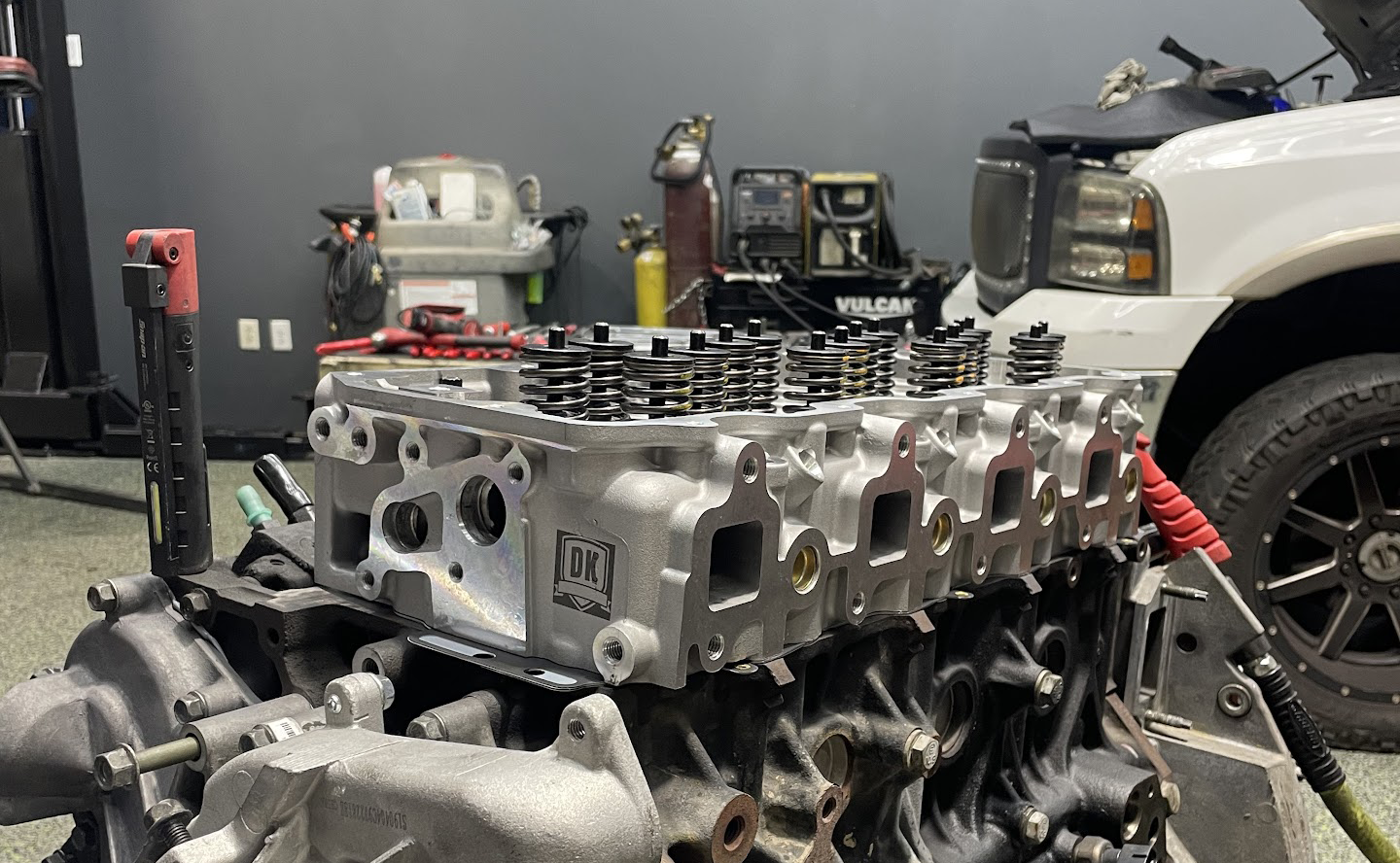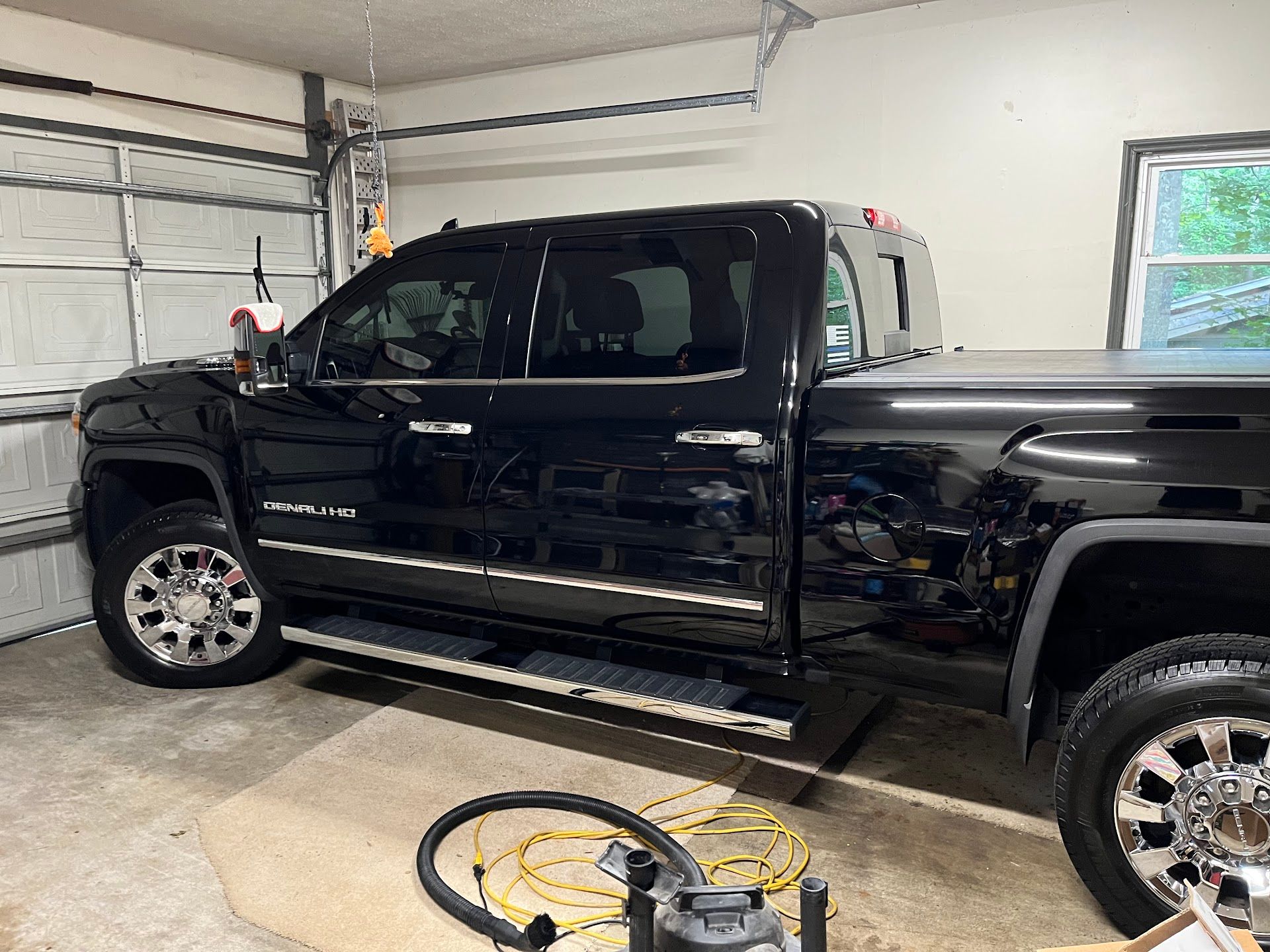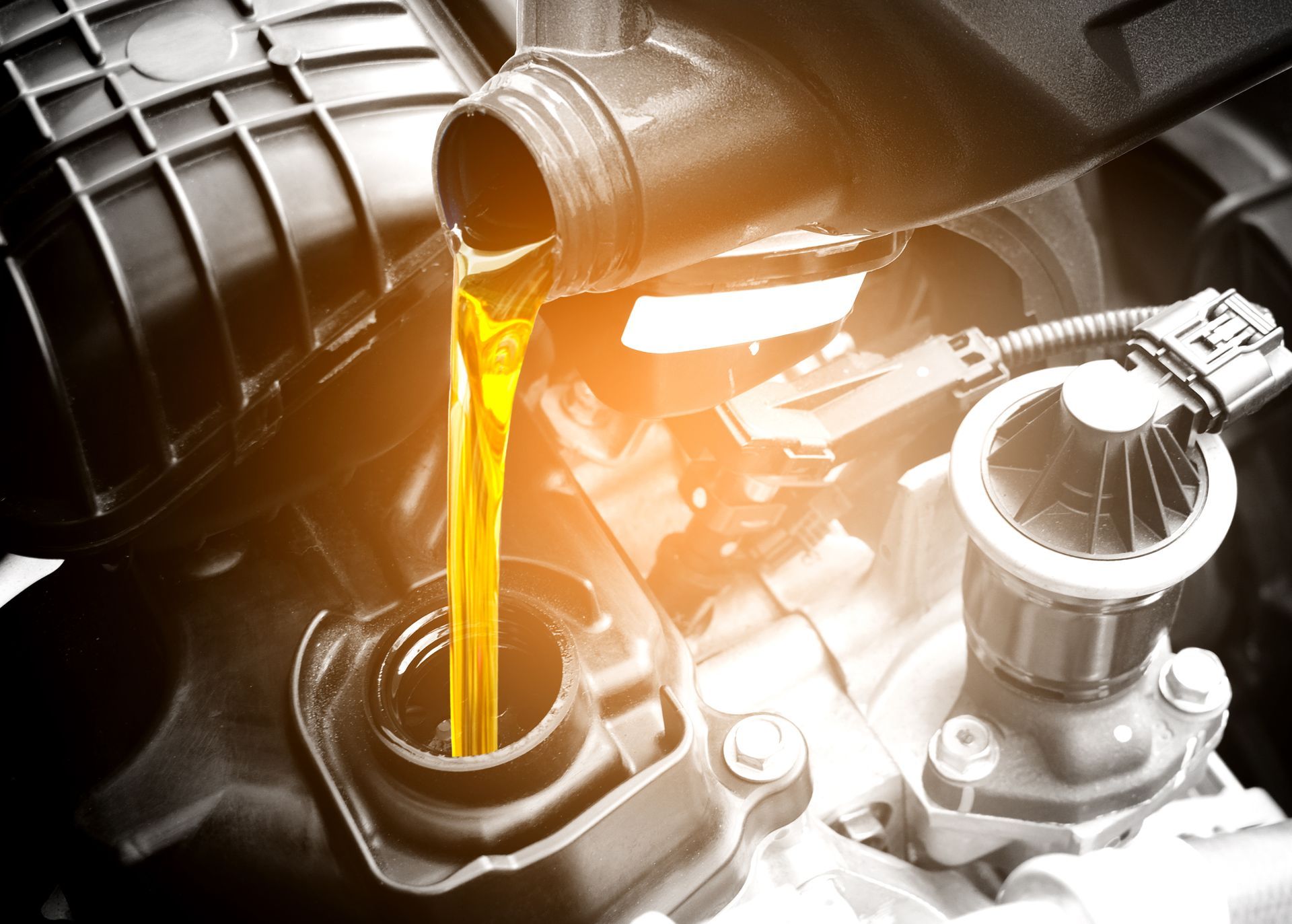When Your AC Stops Blowing Cold: Causes and Solutions
Nothing ruins a summer drive through Woodstock like stepping into a sweltering car only to discover your air conditioning is blowing warm air. With Georgia temperatures regularly hitting the mid-90s and humidity making it feel even hotter, a working AC isn't just about comfort—it's about safety and sanity during your daily commute to Atlanta or weekend trips around North Georgia.
When your car's AC stops cooling properly, several common culprits could be to blame. The good news? Some issues have simple fixes you can try yourself, while others require professional attention to get you back to cool, comfortable driving.
Check the Simple Things First
Before assuming the worst, start with the basics. Make sure your AC is actually set to cold and not just the fan setting. It sounds obvious, but it's easy to accidentally bump controls, especially in newer vehicles with digital climate systems.
Check if your AC compressor is running. When you turn on the AC, you should hear the compressor kick in—it makes a distinct clicking sound under the hood. If you don't hear this, or if the compressor cycles on and off rapidly, you likely have a bigger problem that needs professional diagnosis.
Low Refrigerant is the Most Common Culprit
The most frequent reason for warm AC air is low refrigerant levels. Your car's AC system is sealed, so if refrigerant is low, there's probably a leak somewhere. Small leaks can develop over time, especially in older vehicles or those that see a lot of use on Georgia's hot highways.
Signs of low refrigerant include:
- Air that starts cold but gets warmer
- Ice forming on AC components under the hood
- Hissing sounds when the AC is running
- Oily residue around AC fittings
While you can buy refrigerant at auto parts stores, adding it yourself is usually just a temporary fix. Without finding and repairing the leak, you'll be back to warm air within weeks or months.
Clogged Air Filters Reduce Efficiency
A dirty cabin air filter can make your AC work much harder and blow less cold air. This filter cleans the air coming into your car and gets clogged with pollen, dust, and debris—especially during Georgia's heavy pollen seasons in spring.
Check your owner's manual for the filter location. Most are behind the glove box or under the dashboard. If it looks dirty or hasn't been changed in over a year, replace it. A new filter costs around $15-25 and can make a noticeable difference in AC performance.
Electrical Problems Can Stop Cooling
Your car's AC system relies on several electrical components working together. Blown fuses, faulty relays, or damaged wiring can prevent the system from running properly. If your AC compressor isn't turning on at all, an electrical issue is often the cause.
Check your fuse box for any blown AC-related fuses, but be careful not to replace them with higher-rated fuses. If a fuse blows repeatedly, there's an underlying electrical problem that needs professional attention.
Blocked Condenser Reduces Cooling Power
The condenser sits in front of your radiator and releases heat from the refrigerant. Over time, it can get clogged with bugs, leaves, and road debris, especially if you frequently drive on tree-lined roads around Woodstock or venture into the North Georgia mountains.
A gentle rinse with a garden hose can help clear minor blockages, but be careful not to damage the delicate fins. If the condenser is severely clogged or damaged, it will need professional cleaning or replacement.
Compressor Problems Need Professional Help
The compressor is the heart of your AC system, pressurizing and circulating refrigerant. When compressors fail, they often make loud noises, leak oil, or simply stop working entirely.
Compressor problems usually develop from:
- Running the AC with low refrigerant
- Dirty or clogged system components
- Normal wear after many years of use
- Lack of regular AC maintenance
Unfortunately, compressor replacement is a major repair that requires specialized tools and expertise.
When to Try DIY vs. Call a Professional
You can safely handle simple tasks like replacing cabin air filters or cleaning external debris from the condenser. However, anything involving refrigerant, electrical diagnosis, or internal AC components should be left to professionals.
Working with refrigerant requires special licenses and equipment. Plus, modern cars have complex electrical systems that can be damaged by incorrect troubleshooting. What seems like a simple problem can quickly become expensive if not handled properly.
Signs You Need Immediate Professional Help
Don't delay professional service if you notice:
- Loud grinding or squealing from the AC compressor
- Sweet smells coming from vents (could indicate coolant leaks)
- Visible refrigerant leaks under your car
- AC that works intermittently
- Strange noises when the AC turns on
These symptoms often indicate problems that will only get worse—and more expensive—if ignored.
Keep Your Cool This Summer
Regular AC maintenance can prevent many common problems. Have your system checked annually, especially before summer hits. During service, technicians check refrigerant levels, test system pressure, inspect for leaks, and clean components that affect performance.
Don't wait until you're stuck in traffic on I-575 in 95-degree heat to discover your AC isn't working. A little preventive care goes a long way toward keeping you comfortable during Georgia's long, hot summers.
Get Your AC Running Cold Again
Tired of sweating through your daily commute? Don't suffer through another scorching Georgia summer with broken air conditioning. At Diesel David Inc. in Woodstock, our ASE-certified technicians specialize in complete AC system diagnosis and repair for both diesel and gas vehicles. From simple refrigerant top-offs to complex compressor replacements, we'll get your AC blowing ice-cold air again. Call us at (770) 874-5094 or stop by 10262 Main Street to schedule your AC service today.









